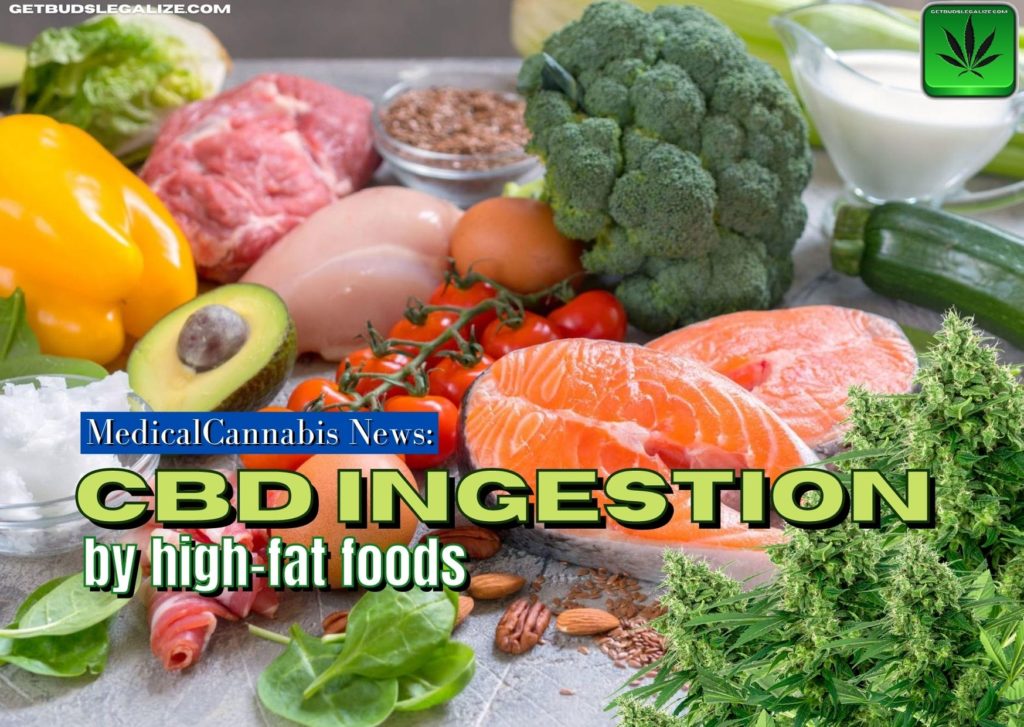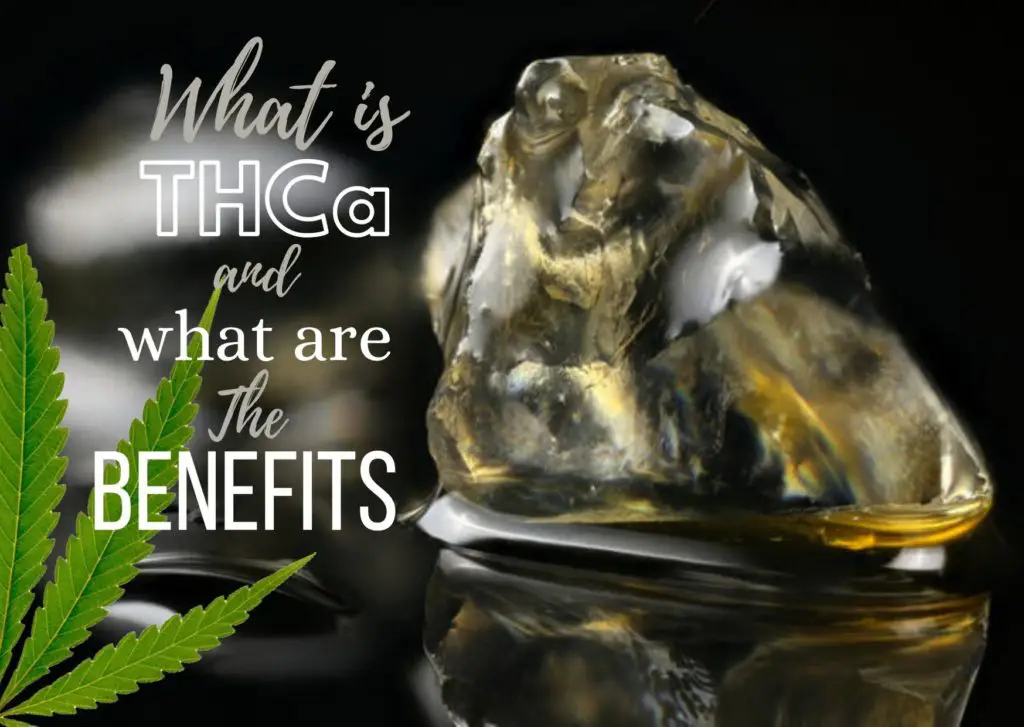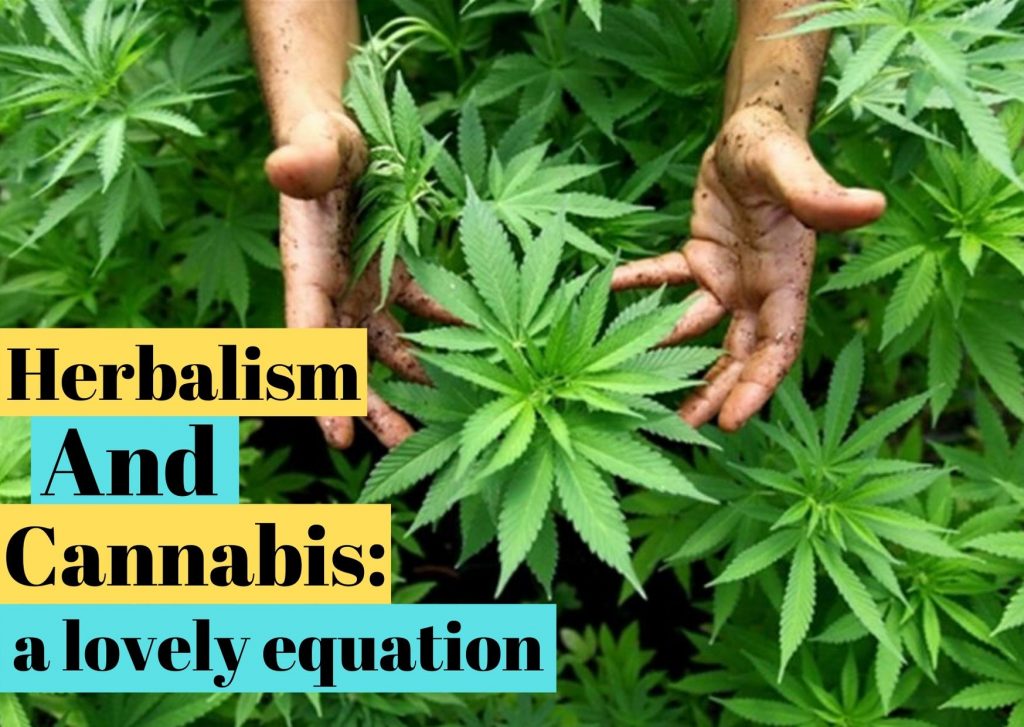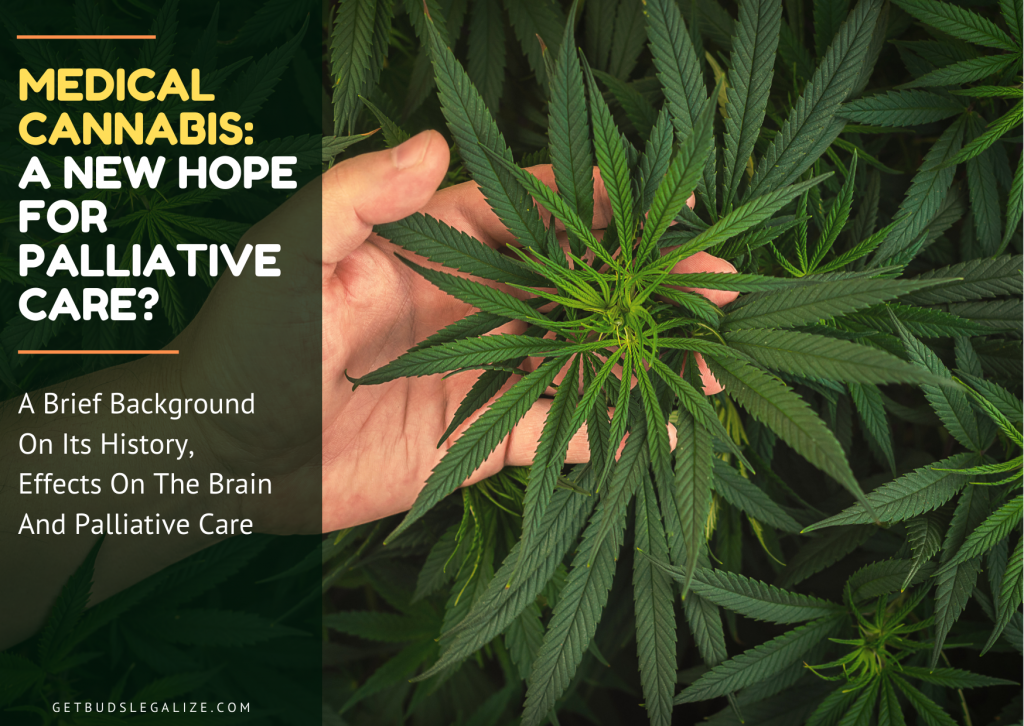Can Cannabis Lower Your High Blood Pressure?
Hypertension, or high blood pressure, is a common condition affecting about one in three adults in the United States. It occurs when the force of blood against artery walls is too great, which can damage blood vessels and increase the risk of stroke and heart attack.
There are many factors that can contribute to hypertension, such as poor diet, stress, physical inactivity, alcohol, and tobacco use. But what about cannabis? Can cannabis lower your high blood pressure? How does it affect your heart health?
What Is Blood Pressure and Why Is It Important?
Blood pressure is measured by two numbers: systolic and diastolic. Systolic pressure is the pressure when your heart beats and pumps blood, while diastolic pressure is the pressure when your heart rests between beats.
A normal blood pressure range is below 120/80 mmHg, while a high blood pressure range is above 140/90 mmHg. If your blood pressure is consistently high, it can cause damage to your arteries, heart, brain, kidneys, and eyes over time.
How Does Cannabis Affect Blood Pressure?
Cannabis can affect blood pressure and heart rate in different ways depending on the dose, strain, mode of consumption, and frequency of use.
Short-Term Effects of Cannabis on Blood Pressure

One of the effects that cannabis can have on the cardiovascular system is to lower blood pressure by relaxing blood vessels and inducing hypotension. Hypotension is a condition where blood pressure is lower than normal, which can cause symptoms such as dizziness, fainting, blurred vision, and nausea. Hypotension can occur when cannabis activates the cannabinoid receptors in the brain and peripheral tissues, which are involved in regulating blood pressure and heart rate.
However, not all cannabis users experience a decrease in blood pressure. Some users may experience an initial increase in blood pressure and heart rate, followed by a decrease in blood pressure. This can happen when cannabis stimulates the sympathetic nervous system, which is responsible for the fight-or-flight response. The sympathetic nervous system can increase blood pressure and heart rate by constricting blood vessels and increasing cardiac output. This can cause symptoms such as anxiety, palpitations, chest pain, and sweating.
The short-term effects of cannabis can vary depending on several factors, such as:
- The dose of cannabis: Higher doses of cannabis can have more pronounced effects on blood pressure and heart rate than lower doses.
- The strain of cannabis: Different strains of cannabis have different ratios of cannabinoids, such as THC and CBD. THC is the main psychoactive component of cannabis that can raise or lower blood pressure and heart rate depending on the dose. CBD is a non-psychoactive component of cannabis that can counteract some of the effects of THC and may have a protective effect on the cardiovascular system.
- The mode of consumption: Smoking or vaping cannabis can have faster and stronger effects on blood pressure and heart rate than ingesting or applying it topically. This is because smoking or vaping delivers cannabinoids directly into the bloodstream through the lungs, whereas ingesting or applying it topically involves metabolism by the liver and other organs before reaching the bloodstream.
- The frequency of use: Chronic or frequent cannabis users may develop tolerance to some of the effects of cannabis on blood pressure and heart rate. This means that they may need higher doses of cannabis to achieve the same effects as before or may experience less noticeable effects than occasional or new users.
Long-Term Effects of Cannabis on Blood Pressure
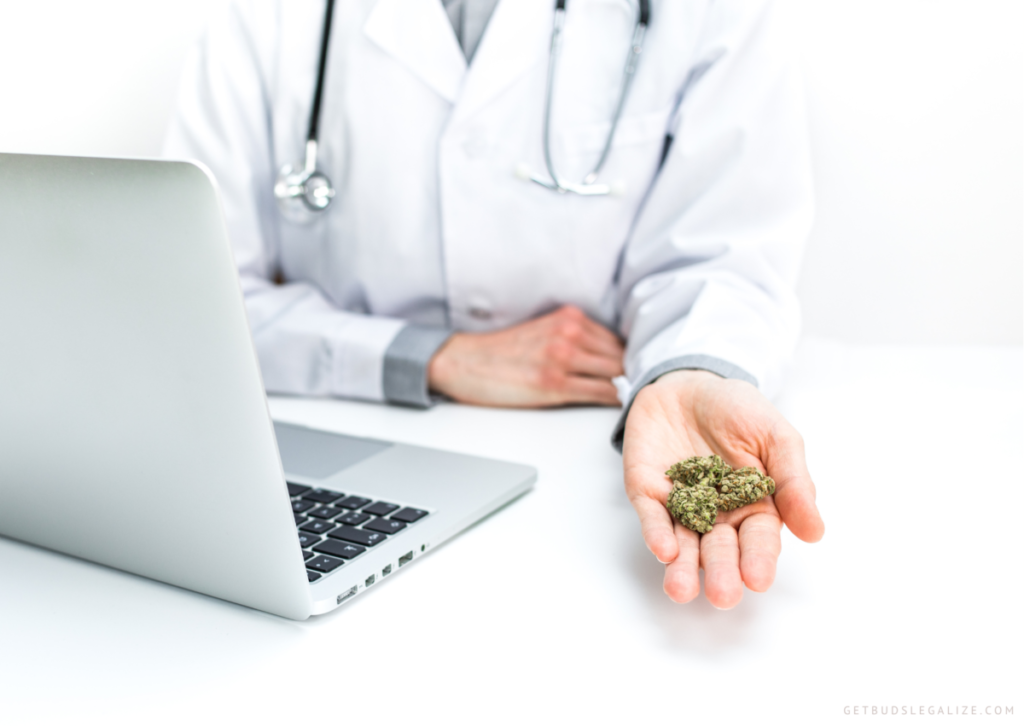
Some studies suggest that chronic cannabis consumption can lower blood pressure over time by reducing inflammation, oxidative stress, and arterial stiffness. These are factors that can contribute to hypertension and cardiovascular disease. Chronic cannabis use may also lower blood pressure by modulating the endocannabinoid system, which is a network of receptors and molecules that regulate various bodily functions, including blood pressure and heart rate.
However, other studies suggest that chronic cannabis use can increase blood pressure over time by causing endothelial dysfunction, which is a condition where the inner lining of blood vessels becomes damaged or impaired. Endothelial dysfunction can impair blood flow and increase the risk of hypertension and cardiovascular disease. Chronic cannabis use may also increase blood pressure by interfering with the renin-angiotensin system, which is a hormonal system that regulates blood pressure and fluid balance.
The long-term effects of cannabis use may depend on several factors, such as:
- The age of onset: Cannabis use during adolescence or early adulthood may have more detrimental effects on blood pressure than later onset. This is because cannabis use during these developmental stages may interfere with brain maturation and neuroplasticity, which are processes that shape brain structure and function throughout life.
- The duration and frequency of use: Prolonged and frequent cannabis use may have more negative effects on blood pressure than occasional or short-term use. This is because prolonged and frequent cannabis use may cause more cumulative damage to the cardiovascular system or induce more physiological changes that affect blood pressure regulation.
- The presence of other risk factors: Cannabis use may interact with other risk factors for hypertension or cardiovascular disease, such as genetics, lifestyle, diet, stress, obesity, diabetes, smoking, alcohol use, or other substance use. Cannabis use may exacerbate or mitigate some of these risk factors depending on the individual and the context.
How Can You Use Cannabis Safely If You Have High Blood Pressure?
If you have high blood pressure and want to use cannabis for medical or recreational purposes, you should consult with your doctor first. Your doctor can advise you on the potential benefits and risks of using cannabis for your condition and monitor your blood pressure and heart health regularly. You should also follow these tips to use cannabis safely:
- Choose low-THC strains or products that contain more CBD than THC. CBD is a non-psychoactive cannabinoid that may help reduce anxiety and stress levels and relax the blood vessels.
- Avoid vaping or smoking marijuana as these methods can deliver high doses of THC quickly and increase your heart rate and blood pressure. Instead, opt for edibles or tinctures that have a slower onset and longer duration of effects.
- Start with low doses and go slow. Cannabis affects everyone differently and you may be more sensitive to its effects if you have high blood pressure. Start with a small amount and wait at least an hour before taking more.
- Avoid mixing cannabis with alcohol or tobacco as these substances can worsen your blood pressure and heart health.
- Stay hydrated and avoid caffeine as these can also affect your blood pressure.
Conclusion
Cannabis can have different effects on blood pressure depending on various factors such as dose, strain, mode of consumption, frequency of use, and individual characteristics. If you have high blood pressure and want to use cannabis for medical or recreational purposes, you should talk to your doctor first and follow some safety tips to reduce the potential risks to your heart health.
Cannabis is not a substitute for proper blood pressure management and you should always follow your doctor’s advice on how to lower your blood pressure and prevent complications.
FAQs
Indica and sativa are two main types of cannabis plants that have different characteristics and effects. Indica strains tend to have more CBD than THC, while sativa strains tend to have more THC than CBD. CBD is a non-psychoactive compound that may have anti-inflammatory, anti-anxiety, and neuroprotective properties. THC is a psychoactive compound that may have analgesic, anti-nausea, and appetite-stimulating properties.
Some people believe that indica strains are more relaxing and sedative than sativa strains, which are more uplifting and energizing. However, the effects of cannabis can depend on many factors beyond the type of plant, such as cannabinoid profile, terpene profile, dosage, method of consumption, and individual response. Some people may find that indica strains help them lower their stress levels and improve their sleep quality, which can benefit their blood pressure. Others may find that sativa strains help them increase their physical activity and mood levels, which can also benefit their blood pressure.
However, some people may experience adverse effects from either type of cannabis, such as increased anxiety, paranoia, or heart rate. People who have hypertension or heart problems should be cautious when using cannabis and consult a doctor before trying any new products or strains.
There are many factors that can affect blood pressure, such as stress, diet, exercise, medication, and genetics. Some lifestyle changes that can help lower blood pressure immediately include:
- Relaxing and breathing deeply
- Drinking plenty of water
- Reducing salt intake
- Eating more fruits and vegetables
- Avoiding alcohol and caffeine
- Quitting smoking
However, these measures may not be enough for some people who have chronic or severe hypertension. They may need to take prescription drugs or consult a doctor for other treatment options.
THC gummies are edible products that contain tetrahydrocannabinol (THC), the main psychoactive compound in cannabis. THC gummies can have various effects on blood pressure, depending on the dose, frequency, and individual response.
Some studies have shown that THC can lower blood pressure by dilating blood vessels and reducing stress. However, other studies have found that THC can increase blood pressure by stimulating the sympathetic nervous system and increasing heart rate. The effects of THC may also vary depending on whether the person is lying down or standing up.
Therefore, THC gummies may not be a reliable or safe way to lower blood pressure. They may also interact with other medications or cause unwanted side effects, such as anxiety, paranoia, dry mouth, or impaired coordination. People who have hypertension or heart problems should consult a doctor before using THC gummies or any other cannabis products.
Cannabis can affect blood pressure and heart rate in different ways depending on the dose, strain, mode of consumption, and frequency of use. Some studies suggest that cannabis can lower blood pressure by relaxing blood vessels and inducing hypotension. However, other studies show that cannabis can cause an initial increase in blood pressure and heart rate, followed by a decrease in blood pressure. Therefore, it is not advisable to use cannabis as a treatment for high blood pressure without consulting a doctor.
Smoking is one of the worst habits for blood pressure and overall health. Smoking can damage the lining of the blood vessels, increase plaque buildup, narrow the arteries, and raise blood pressure. Smoking can also reduce the effectiveness of some blood pressure medications, such as beta-blockers and calcium channel blockers.
Therefore, people who are taking blood pressure medicine should avoid smoking at all costs. Smoking can also interfere with the metabolism of some cannabinoids, such as THC and CBD. This means that smoking cannabis may alter the effects and duration of these compounds in the body.
CBD may help reduce high blood pressure by widening blood vessels, relieving anxiety and stress, and acting on the endocannabinoid system. The endocannabinoid system is a network of receptors and molecules that regulate various bodily functions, including mood, pain, inflammation, and blood pressure.
Some studies have shown that CBD can lower blood pressure in healthy volunteers and people with anxiety or stress. However, more research is needed to confirm the long-term effects of CBD and its safety and interactions with other medications.
The answer to this question may vary depending on your location and the type of medical card you are applying for. Generally speaking, high blood pressure is not a qualifying condition for a medical card, unless it is associated with another serious illness or disability.
However, some states or countries may have different criteria or exceptions for their medical card programs. Therefore, it is advisable to consult with your doctor and check the official guidelines before applying for a medical marijuana card.
Using cannabis may pose some risks to your heart health. Cannabis can cause changes in your heart rate and blood pressure that may increase your risk of heart attack or stroke, especially if you have other cardiovascular conditions or risk factors.
Cannabis can also interact with some medications used to treat or prevent heart diseases, such as blood pressure drugs, cholesterol-lowering statins, and drugs used to treat heart rhythm disorders. These interactions may alter the effectiveness or safety of these medications.
Smoking affects the nervous system and the blood vessels. Weed contains a chemical called THC, which can stimulate the heart rate and increase the demand for oxygen in the body. This can make the blood pressure go up temporarily. Smoking cannabis can also interfere with some medications for high blood pressure, making them less effective or causing side effects. Therefore, people with high blood pressure should be cautious and consult their doctor before using it.
The best way to reduce blood pressure is to follow a healthy lifestyle that includes regular physical activity, balanced nutrition, stress management, and adequate sleep. Some natural supplements that may help lower blood pressure include garlic, omega-3 fatty acids, magnesium, potassium, and hibiscus tea.
However, natural remedies may not be enough for some people who have high or uncontrolled blood pressure. They may need to take prescription drugs or undergo other medical procedures to lower their blood pressure and prevent complications. People who have hypertension should monitor their blood pressure regularly and follow their doctor’s advice.










